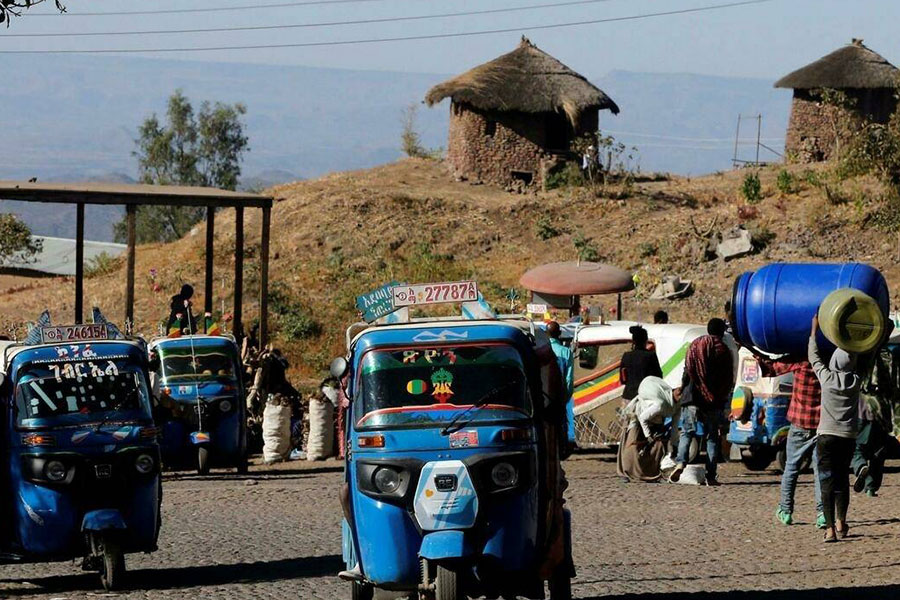
Agenda | Nov 06,2021
Nov 14 , 2020
By FASIKA TADESSE ( FORTUNE STAFF WRITER )
Amid the tense situation in the northern part of the country, Prime Minister Abiy Ahmed (PhD) is booked to speak before an international audience next week at the third edition of Bloomberg’s New Economy Forum. The theme of his five-minute speech will be ''Saving Lives & Livelihoods in Africa.''
In contrast to the previous two years, the 2020 Forum will be held virtually over a period of four days. Five hundred world leaders, business executives, technology innovators, government officials, academics and experts from 45 countries are expected to attend. Along with Prime Minister Abiy, the programme will feature Tedros Adhanom (PhD), the director-general of the World Health Organisation (WHO), former New York City Mayor and billionaire Michael Bloomberg, Christine Lagarde, president of European Central Bank, and Mohamed Ali Rashed Alabbar, founder and chairperson of Emaar Properties, as speakers.
Prime Minister Abiy's speech, which is scheduled to be held on November 16, 2020, will be followed by a panel discussion focused on the ideas behind "Saving Lives & Livelihoods in Africa." The continent has been grappling with a health crisis and a sharp economic contraction as a result of the Novel Coronavirus (COVID-19) pandemic.
Aliko Dangote, president and chief executive officer of Dangote Industries Limited; Strive Masiyiwa, founder and executive chairman of Econet; and Graca Machel, the founder of Graça Machel Trust and the former Minister of Education & Culture of Mozambique, will be the panelists. They will discuss topics related to the development and distribution of COVID-19 vaccines and treatments around the continent, as well as new drivers of growth and prosperity.
Founded by Michael Bloomberg in 2018, the inaugural edition of the Forum was held in Singapore, while the second one was hosted in Beijing. The forums deliberated on a range of topics, including global economic management, trade and investment, technology, urbanisation, capital markets, climate change and inclusion. The China Centre for International Economic Exchanges, the International Institute for Strategic Studies and the Mandela Institute for Development Studies are the co-chairs for the third edition of the global event.
Prime Minister Abiy is taking the podium on the heels of his administration launching a military operation in Tigray Regional State. The tensions that have been growing over the past two years between forces in Tigray Regional State and the federal government boiled over into a serious conflict two weeks ago, causing deaths in the hundreds and the flooding of refugees into Sudan.
International financial organisations have already started warning that the situation could negatively affect the economy of the country, which has been rolling out economic reform plans over the past two and a half years including the privatisation of large public enterprises and a broader market liberalisation.
Kevin Dalrymple, a vice president and sovereign analyst at credit rating agency Moody's Investors Service, stated that the situation might exacerbate the bad economic situation of the country.
“The conflict in Tigray risks unravelling years of economic and social progress at a time when weak revenues and elevated external vulnerability, as a result of the global [Novel] Coronavirus crisis, is already pressuring creditworthiness,” he said.
Yared Haile-Meskel, a managing director at YHM Consulting, a firm that engages in advisory services, private equity investment, and facilitating debt financing among other things, agrees.
"The economy will go into deep trouble," he said. "It's a country where the price of a bullet can build a school in a rural area."
Yared says that the war would drain the foreign currency reserves of the country and weaken exports.
But it is not going to be all dark, according to Yared, who believes war can sometimes be treated as an economic stimulus for a country that has an industrial-based economy and a true economic policy.
The ongoing conflict might also address two things, explained Yared, citing an end to the unhealthy approach that has been growing for the past 45 years due to wrong beliefs and defining a future scenario for the country.
"War should always have a goal and an aim," he said. "A country should think about when to step into war, when it should be ended, and when to start reconstruction."
Yared says that the country has a track record of not properly ending a war, mentioning the Ethio-Eritrean War, which has many outstanding issues today, two decades after its end.
The government should be thinking of a recovery mechanism ahead, such as adjusting the economic reform plans as per the reality on the ground, according to Yared.
PUBLISHED ON
Nov 14,2020 [ VOL
21 , NO
1072]

Agenda | Nov 06,2021
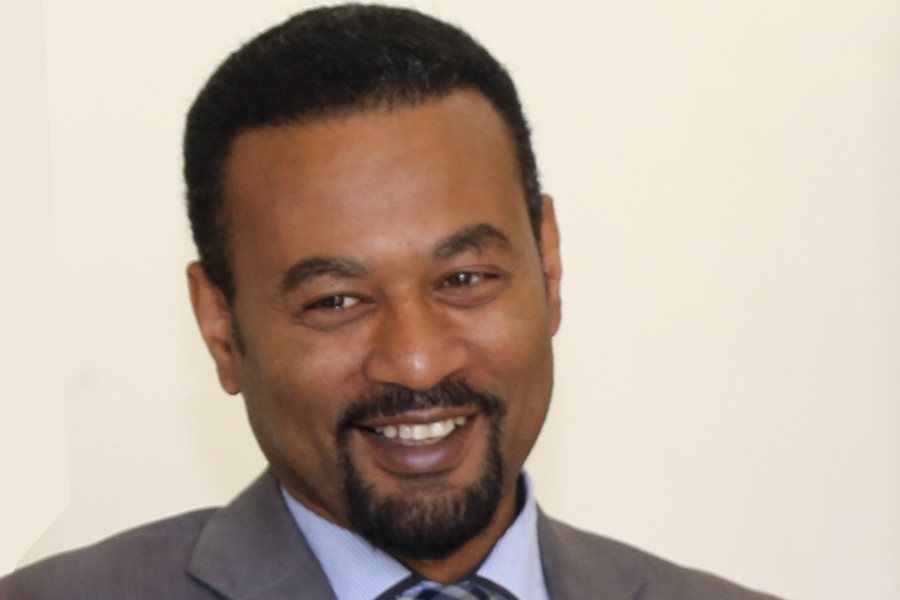
Fortune News | Mar 05,2020

Radar | May 20,2023
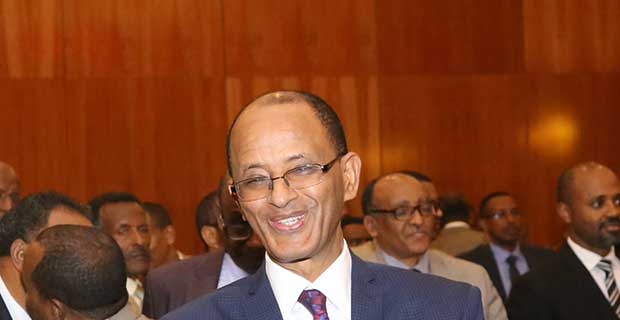
Fortune News | Feb 15,2020

Radar | May 21,2022
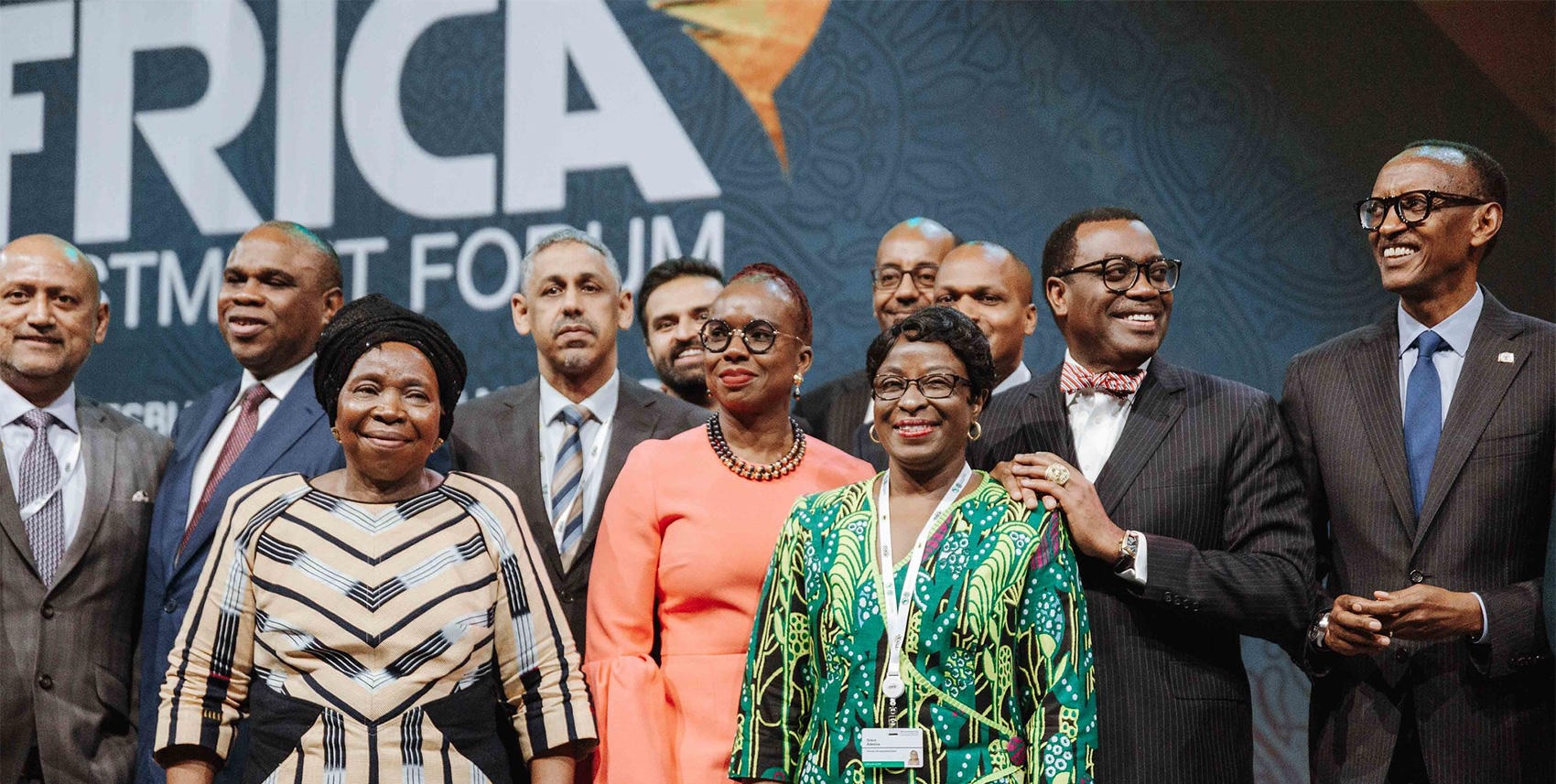
Fortune News | Nov 11,2019

Radar | Feb 08,2020
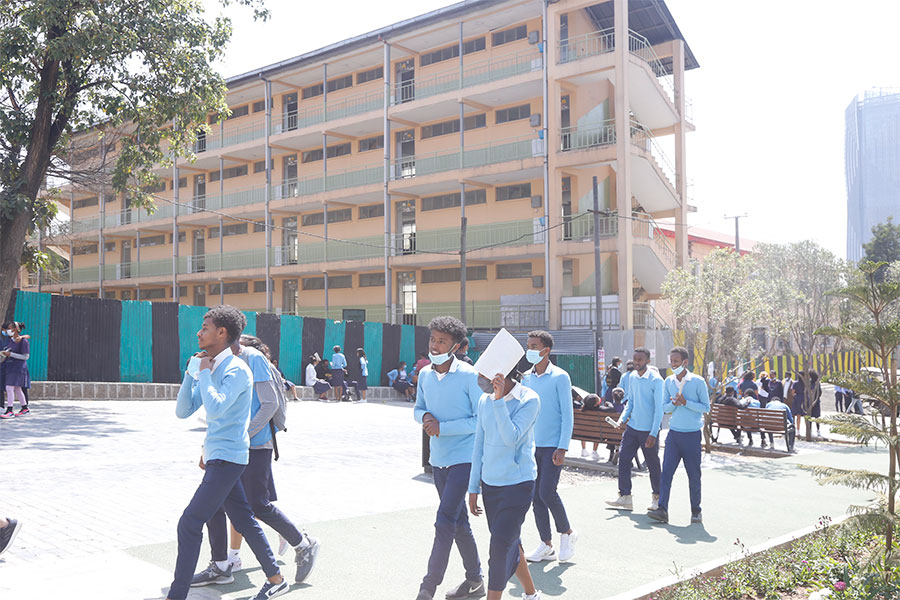
Agenda | Nov 13,2021

Fortune News | Dec 19,2020

Radar | Jun 22,2024

Dec 22 , 2024 . By TIZITA SHEWAFERAW
Charged with transforming colossal state-owned enterprises into modern and competitiv...

Aug 18 , 2024 . By AKSAH ITALO
Although predictable Yonas Zerihun's job in the ride-hailing service is not immune to...

Jul 28 , 2024 . By TIZITA SHEWAFERAW
Unhabitual, perhaps too many, Samuel Gebreyohannes, 38, used to occasionally enjoy a couple of beers at breakfast. However, he recently swit...

Jul 13 , 2024 . By AKSAH ITALO
Investors who rely on tractors, trucks, and field vehicles for commuting, transporting commodities, and f...

Jul 5 , 2025
Six years ago, Ethiopia was the darling of international liberal commentators. A year...

Jun 28 , 2025
Meseret Damtie, the assertive auditor general, has never been shy about naming names...

Jun 21 , 2025
A well-worn adage says, “Budget is not destiny, but it is direction.” Examining t...

Jun 14 , 2025
Yet again, the Horn of Africa is bracing for trouble. A region already frayed by wars...